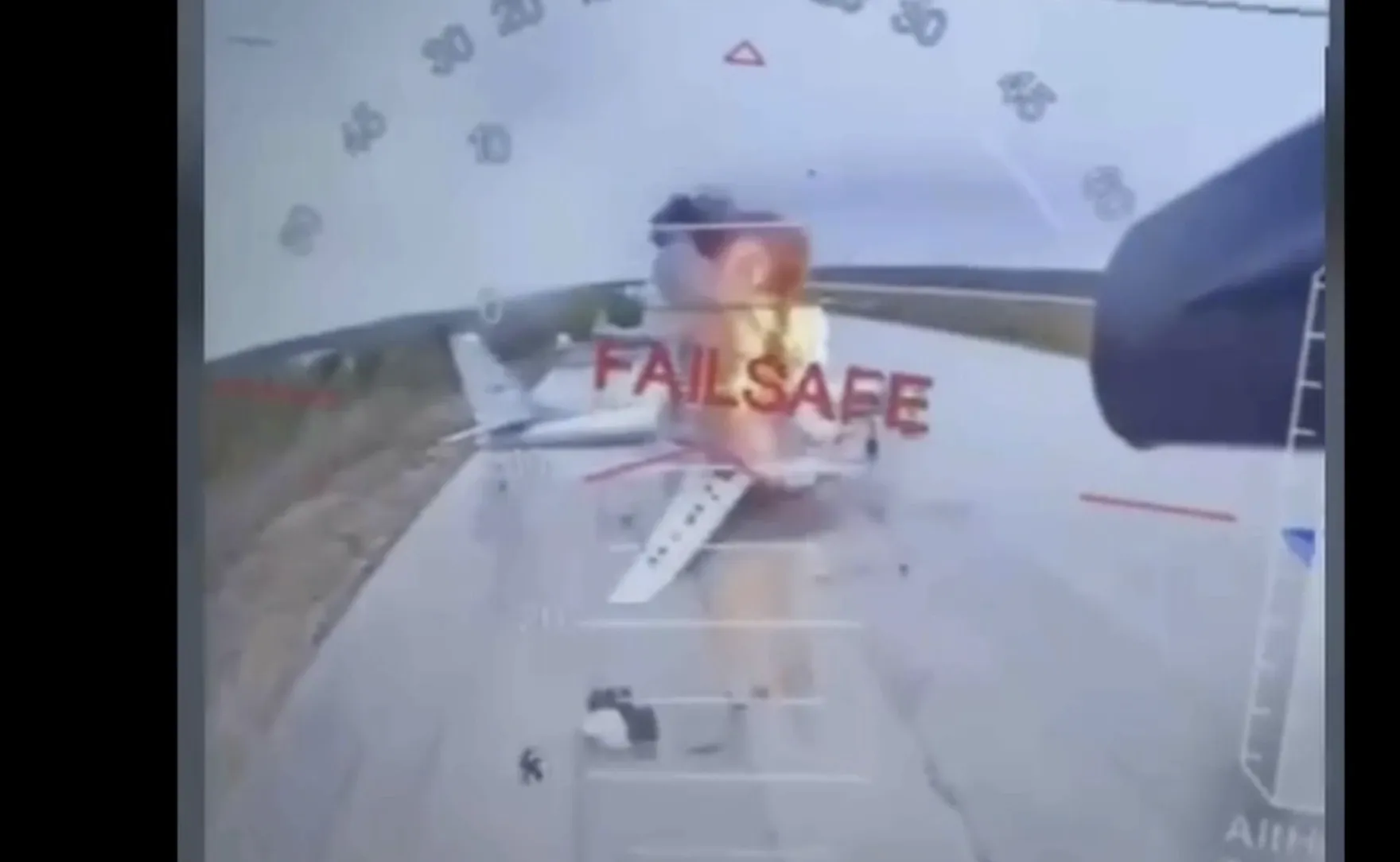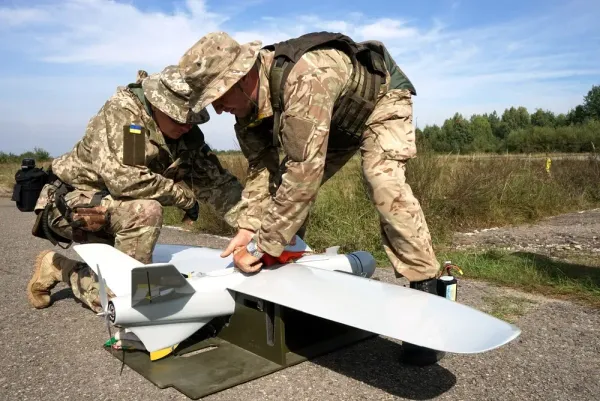Ukrainian Drone Barrage Hits Russia Ahead of Istanbul Talks
What happened?
On June 1, Ukraine launched its most ambitious drone attack of the war: "Operation Spiderweb" involved smuggling 117 drones into Russia and striking four strategic bomber bases, including in Siberia. The operation appears to have destroyed or damaged at least 41 long-range aircrafts, causing approximately $7 billion in damage and disabling 34% of Russia’s cruise-missile bomber fleet.

Why does this matter?
-
 Degrading Russia's strike arm: Neutralizing dozens of Tu-22M and Tu-95 bombers reduces Moscow's ability to launch missile attacks.
Degrading Russia's strike arm: Neutralizing dozens of Tu-22M and Tu-95 bombers reduces Moscow's ability to launch missile attacks.
-
 Signaling to allies: Demonstrating to Western partners that continued support yields tangible results to help unlock further defense packages.
Signaling to allies: Demonstrating to Western partners that continued support yields tangible results to help unlock further defense packages.
-
 Timing and morale: The raid arrives as a carefully timed counter-narrative to offset recent battlefield setbacks. Launched just 48 hours before ceasefire negotiations resume in Istanbul today, this offensive aims to strengthen Ukraine's bargaining position.
Timing and morale: The raid arrives as a carefully timed counter-narrative to offset recent battlefield setbacks. Launched just 48 hours before ceasefire negotiations resume in Istanbul today, this offensive aims to strengthen Ukraine's bargaining position.
What’s the counterpoint?
Russia retains its mass and escalation options. Kremlin media has framed the drone raid as a "terrorist provocation," further consolidating Russian public support for the war effort. Additionally, Russia has seized 450 square kilometers since May, marking its fastest monthly advance in approximately six months.
finformant view
The attack will temporarily boost Ukraine's morale and negotiating power, but it won't change the overall balance of power. Expect Putin to use the raid as a pretext for escalation, possibly involving the hypersonic Oreshnik ballistic missiles.





